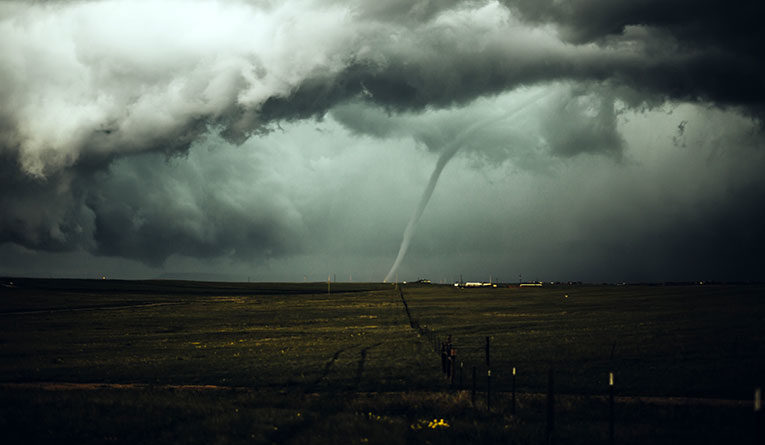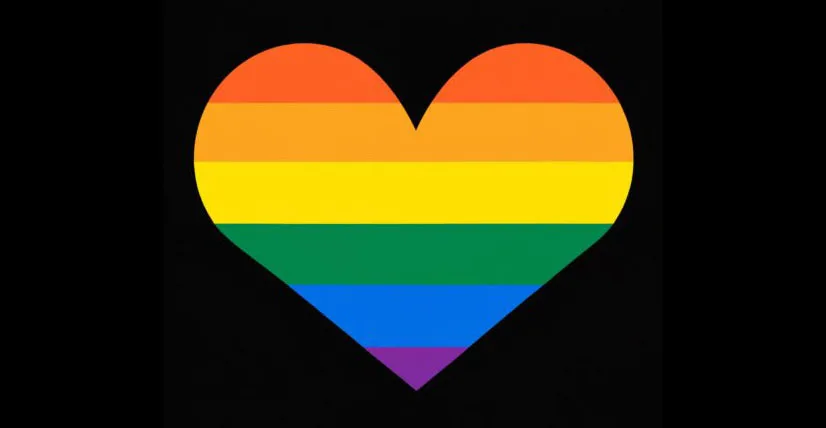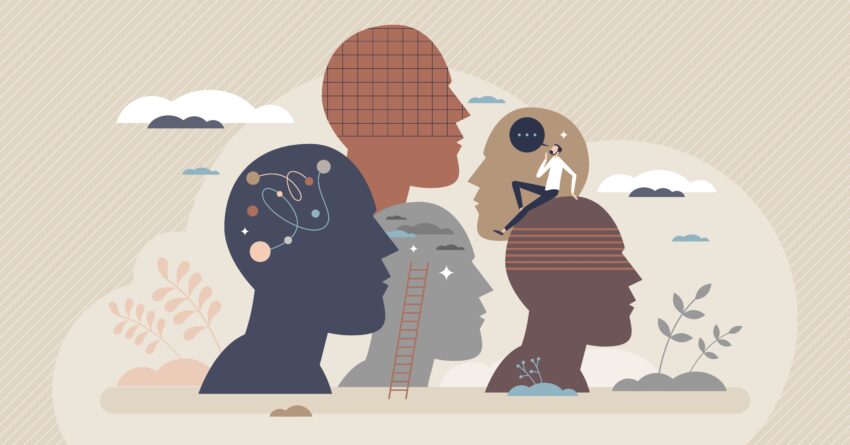
Often when I hold initial conversations with my clients, they’re in the midst of their own personal tornado. All of life’s responsibilities seem to be whirling around them, too chaotic to grasp. They often speak about feeling as if they’ve lost control, are unstable, and want the storm to pass.
Most times, clients view adding more debris into the path of the tornado as the way out of the storm. Anxiety and other strong emotions have a way of tricking us into thinking we “aren’t doing enough.” There’s a focus on action, duty, objects, and responsibilities. “I just have to finish this project and my boss will be happy.” “I’m not making enough money. I have to get another job, then I’ll feel secure.” “Once I’m able to own a home, then my life can truly start.” There is something I noticed about these statements. They shift the focus away from relationships in our lives, and make our existence surround circumstances that change on a whim.
In my bouts of writer’s block this week, I turned to the people in my life for some inspiration. I asked my friends and family on social media what they are grateful for in their lives. The consensus? The people in their lives who support and love them.
It seems simple enough to take a pause and answer a social media question. Yet, something powerful happens in that pause. The tornado calms into a moving fog, and we invite a reprieve of calmer weather. The responsibilities of our lives settle, even if just for a moment, and at last, what we have is enough. In Melody Beatti’s bestseller, Codependent No More: How to Stop Controlling Others and Start Caring for Yourself, she asserts that humans all have two deep desires: to love and be loved, and to believe they are worthwhile and know someone else also believes they are. Healthy, positive, life fulfilling relationships can be boiled down to these two characteristics. There is reciprocity and hope. We can invite gratitude into our lives to strengthen these two necessities for positive relationships through appreciation, compassion, and reflection.
Appreciation
Think of the last time you truly thanked someone. Maybe it was a good friend who heard you and supported you through a rough break up. Maybe it was a loving partner who cooked you dinner after a long day. That warmth that takes over your body, and the fullness that fills your heart is what gratitude feels like. Notice how we need to be intentional about such feelings, we need to pause to let it sink into our bones.
Now think of a time you were thanked. Maybe you held the door for someone on the subway, as they ran to catch the train. Maybe your child hugged you so tight while thanking you for being their parent. You may feel a similar warmth and fullness. Notice that to feel this, there is another intentional pause.
Gratitude and appreciation slow us down. They invite us to lift the fog from our ever busy lives before the storm becomes too much to bare. When we pause to show gratitude, we reinforce the positive statements of our relationship, building a strong foundation that can weather any storm. I encourage you to try these statements out in your relationships this week: “Thank you for…”, “I appreciate you when…”, and “I’m so grateful for you.”
Compassion
While relationships are important in our lives, and it’s much easier to feel grateful for them when the sun is shining. Yet, gratitude is even more important when there’s a torrential downpour of conflict. Most relationship conflict I see in my office can be traced to reacting versus responding. Our strong emotions led us to react with sharp words, stone cold silence, or fleeing.
Responding, much like gratitude, allows us to pause. Within this space we create for ourselves, we find our power to choose. The uncontrollable tornado stops, and we regain our control.
With this power, we can choose to look at our person and be thankful we get to love them in all of their faults and strengths.
We can choose to remind ourselves that we hold this person deep in our hearts as a complex human being.
We can respond in compassion to the anger, frustration, and annoyance, that gives way for our growth and freedom. We may notice we don’t feel so at the whims of conflict.
Through compassion, we can strengthen connection. I invite you to try introducing these phrases into your daily life: “I love you and I’m angry at you and both are welcome here,” “I’m grateful we get to find a solution together,” and “I chose to respond in love to honor both of our feelings.”
Reflection on Gratitude
I invite you to reflect on how you incorporate gratitude into your daily life. Often times, we find ourselves regretting our pasts or anticipating our futures. Gratitude allows us to stop and survey our present lives. Who is here? In what ways am I grateful they’re apart of my life?
These two simple questions can be a daily gratitude survey at the end or beginning of each day or week. I invite you to engage in this practice even for just one week to experience the power of finding appreciation for what is already in our lives.
When we stop to place the importance on who is living life with us, we stop the storm from brewing around us. We find our solid ground, even if for a moment, to take a full, satisfying breath as we survey all of the “enough” that we have. For a moment, we need no more or no less. We have all that we need.
Help with Focusing on Gratitude
As a licensed mental health counselor, I welcome new clients who feel they might benefit from therapy. If you’d like to chat about your options, or to set up an initial free phone consultation, please contact our practice.
Resources
- Codependent No More: How to Stop Controlling Others and Start Caring for Yourself by Melody Beatti
- Maybe You Should Talk to Someone by Lori Gottlieb
- Letters to a Young Therapist by Mary Pipher



